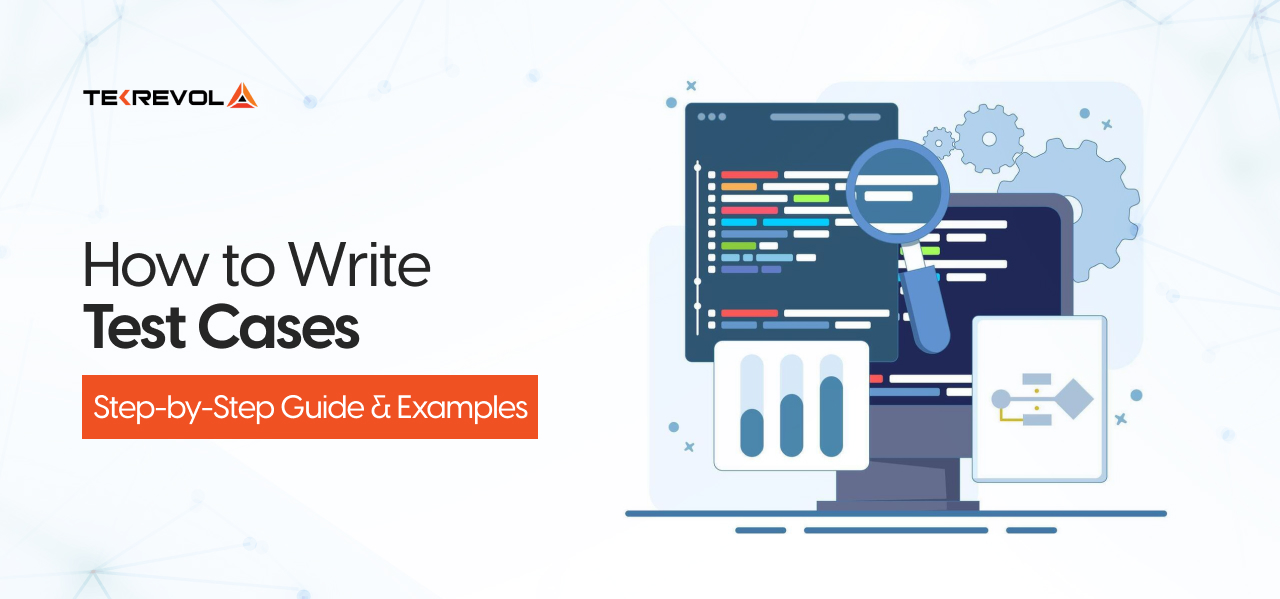Ever imagined a digital colleague who thinks, learns, and takes action all on its own? Well, that’s the AI agent revolution, and it’s already here.
Picture a digital assistant that doesn’t just follow commands. It thinks, plans, learns, and takes action, like your very own digital Einstein (minus the messy hair). This isn’t sci-fi; it’s AI agents, and they’re changing the game.
By 2025, AI agents will be everywhere, transforming customer support, business operations, and more. They’ll handle tasks, make decisions, and predict trends, all while you focus on the bigger picture.
But here’s the kicker: AI agents aren’t waiting for 2025. They’re already here, working around the clock and automating the tasks humans don’t have time for.
Ready to see how they’ll level up your business? Keep reading to discover how AI agents are set to reshape everything.
What Are The Core Elements of an AI Agent?
To really know what makes AI agents work, let’s dissect the core elements. These are the components that enable them to act independently and solve real-world issues.

1. Planning
AI agents don’t merely respond to instructions. They can anticipate. That’s the ability to plan ahead, and it’s essential to solve problems and make decisions.
A recent PwC survey found that 79% of senior executives say AI agents are already being adopted in their companies, and why is that? It’s because whether no matter what task you perform, AI agents anticipate and optimize their actions for improved results.
- AI agents forecast and modify actions based on results
- Develop long-term plans for different tasks
- Applied in sectors such as logistics, finance, and marketing
2. Reasoning
AI agents must interpret data and reason through intricate situations. This is where their brains kick in to make real-time decisions.
- Process information, make conclusions, and act
- Applied to data analysis, predicting trends, or dynamic decision-making
- Essential in industries such as healthcare, finance, and security
3. Memory
AI agents are able to retain and recall previous experiences, which is important to increase future performance.
Their ability to recollect the past allows them to learn from the process and become increasingly intelligent over time.
- Keep track of prior work and conversations
- Customize interactions using historical information
- Improves customer support and targeted marketing efficiency
4. Utilization of Tools
AI agents are capable of using outside tools in order to get things done towards certain goals.
From asking databases questions to running commands, they are able to use the appropriate tools at the appropriate time in order to accomplish things.
- Integrate with third-party software and APIs
- Utilize automation, reporting, and data collection tools
- Applied in app development, business process automation, and others
Here’s how developers are embedding AI agents directly into their apps.
Types And Taxonomy of AI Agents
AI agents are not a “one size fits all” proposition. There are multitudes of different kinds of AI agents, and they come in various abilities and levels of autonomy.
Knowing different types of AI agents will help businesses and developers choose an AI agent for their particular tasks at the right level of autonomy.
1. Simple vs. Multi-Agent Systems
AI agents can be described as simple agents or a multi-agent system, based on the type of problems they can help us with.
- Simple AI Agents: Simple agents are identified as purely isolated agents because they can’t communicate with other AI agents. Imagine them to be a simple FAQ chatbot, a simple transaction agent, etc.
- Multi-Agent Systems: These are the agents that work together to solve complex problems by directly communicating with one another, collaborating, and working towards an overall goal.
Still confusing AI agents with chatbots? Here’s how they’re different.
2. Levels of Autonomy
AI agents can be characterized at various levels of autonomy. Here’s how they can be categorized.
- Co-pilot agents: Co-pilot agents are considered to be the best kind as they excel in providing information, suggestions, or automating basic functions of work that assist human operators.
- Fully Autonomous Agents: These autonomous agents orient themselves to address the task, make decisions, communicate with other agents and anyone, learn, and adapt to their environment and task.
3. Reactive vs. Proactive Agents
Another way to classify AI agents is by how they respond to their environment.
- Reactive agents: These agents respond to immediate inputs without much prior planning. They act based on rules or simple algorithms.
- Proactive agents: These go beyond reacting. They anticipate future events, make predictions, and act ahead of time.
4. Intelligent Agents vs. Cognitive Agents
When we talk about “What is are AI Agent?”, the simplest answer to this question can be given in terms of a comparison between Intelligent Agents and Cognitive agents. While every AI Agent out there is intelligent to some extent, still, cognitive agents still win the race.
- Intelligent agents: These are the type of AI Agents that learn and adapt things from their environment, but may still adhere best to their predefined rules and platforms.
- Cognitive agents: These AI agents can work exactly like a human, including emotions and learning from past experiences.
How AI Agents Are Changing the Game?
The very next question that is often asked after “What are AI Agents?” is “How do they even work?”.
Well, for starters, you should know that AI agents are more than clever algorithms; they are autonomous systems designed to think, learn, and act independently. Their core abilities include:
- Strategic Planning: AI agents strategically plan your business operations by making efficient roadmaps to keep you prepared for what’s coming next.
- Real-Time Reasoning: Whether you are rerouting your deliverables or need someone to respond efficiently to the sudden market shifts, AI Agents have got you covered with their real-time reasoning.
- Learning from Experience: Every interaction you make with the AI Agent makes it smarter, and eventually gives you tailored responses and suggestions. It’s like ‘you”, in the body of a robot.
- Effortless Integration: These AI agents can easily be integrated with existing systems, making your operations efficient and smarter, without even doing anything.
It’s these abilities that are fueling rapid adoption, with 86% of businesses reporting an increase in efficiency after implementing AI agents.
See how AI agents are already transforming operations across industries.
Curious how AI agents could actually save you time, money, and brainpower?
Our experts are here to examine your business and see how to plug the AI Agent into it for real results.
Talk To Our Expert Now!How do AI Agents Work?
AI agents may sound sci-fi, but their power comes from real-world smarts. Here’s how they operate behind the scenes:

1. Perception–Action Loops
AI agents “look” at their surroundings through sensors and data streams, such as a robot avoiding obstructions or a voice assistant interpreting your instructions. They process information rapidly and respond, redirecting, adapting, or replying, maintaining operations fluid and effective.
2. Smart Planning & Decision-Making
These systems don’t just react; they plan ahead. E-commerce AI, for instance, can predict demand and restock before you notice a shortage. Gartner reports that AI-driven predictive analytics have cut inventory costs by up to 30%.
Want to build smart agents? Start here with LangChain for AI agents.
3. Continuous Learning
AI agents get smarter over time, learning from feedback and real-world use. Statista found that customer service AIs have improved query accuracy by 40% through learning from past interactions.
4. Seamlessly Integrating with Tools
AI agents integrate effortlessly with apps, platforms, and databases, so they’re flexible. From synchronizing your schedule to automating business processes, they serve as digital adhesives.
5. Designed to Adapt
AI agents continuously adapt to new information and conditions. According to IBM, by 2025, 75% of all organizations will implement AI that adapts in real-time, staying ahead of the game.
What Are The Real Use Cases Of AI Agents?
AI agents are already driving change across industries:
-
Customer Support:
Companies such as Amazon and Zendesk utilize AI agents for 24/7 support, reducing response times by half and having humans handle only difficult issues.
Learn how AI agents are revolutionizing customer support automation.
-
Operations & Automation:
In manufacturing, firms like Tesla employ AI agents for predictive maintenance, cutting downtime up to 40%
-
Marketing & Personalization:
Netflix and Spotify employ AI-driven recommendation engines, which are accountable for over 75% of watching and listening decisions by users.
-
Healthcare:
Systems such as IBM’s Watson Health employ AI agents to assist clinicians in diagnostics and patient care, automating workflows and enhancing outcomes.
-
Finance:
From live fraud detection at PayPal to algorithmic trading, AI agents execute and act upon huge datasets with lightning speed.
Why Businesses Are Making the Leap to AI Agents?
While people are still stuck in the debate of what are AI Agents, and whether businesses should even invest in them, smart entrepreneurs are already leveraging them to get ahead of everyone.
Here are some of the many reasons why businesses today are making the leap towards AI agents.

1. Improved Efficiency
In customer care, AI agents handle thousands of questions simultaneously, providing quick responses without human team bottlenecks. They automate repetitive tasks, allowing employees to concentrate on high-value activities.
- Automation: AI agents replace repetitive work, minimizing manual labor.
- 24/7 Operation: They operate continuously, maintaining business operations uninterrupted without loss of time.
Uncover how AI agents are streamlining workflow automation across teams.
2. Cost Savings
Retail companies employ AI agents to minimize stock and inventory management, which results in less waste and saves costs. AI agents minimize operational costs by automating tasks.
- Less Labor Costs: AI agents substitute human-executed processes, which decrease labor costs.
- Lower Error Rate: AI minimizes the inefficiency cost through fewer errors.
3. Enhanced Customer Experience
AI-driven recommendation systems, such as Amazon and Netflix, have transformed business-customer interaction. Personalized interactions and real-time responses streamline the customer experience and make it more personalized.
- Personalization: Recommendations are customized based on user activity.
- Quicker Response Times: Real-time answers improve the overall customer experience.
4. Improved Decision-Making
In the financial sector, AI agents forecast market trends, keeping institutions one step ahead of competitors. The data-processing capabilities of AI enable businesses to make better, informed decisions.
- Data Analysis: AI deals with huge amounts of data, revealing useful insights.
- Predictive Analytics: AI predicts trends, allowing companies to act ahead of time.
5. Scalability
E-commerce sites such as Shopify employ AI agents to manage surge demand during sales, shifting smoothly without any additional human resources. As companies expand, AI scales with ease to accommodate new needs.
- Scaling Operations: AI adjusts to manage increased work without sacrificing quality.
- Flexibility: AI handles increasing customer questions and information effortlessly, facilitating smooth business growth.
Discover how to smoothly integrate AI agents into your web application.
Stop watching competitors scale with AI; it’s time to join them!
We’ll show you exactly how AI agents can cut costs, boost efficiency, and future-proof your operations.
Get Started TodayRisks, Ethics & Realities of AI Agents
AI agents shine bright, but they come with shadows:
| Risk | Challenge | Solution |
| Bias in Decision-Making | Favoring certain demographics | Use diverse datasets, regular fairness audits |
| Privacy & Security | Sensitive data risk in healthcare, finance | End-to-end encryption, compliance with regulations |
| Black Box Decisions | Lack of transparency in output | Implement explainable and auditable AI |
| Job Displacement | Automation replacing roles | Reskill and upskill workforce, create AI-augmented roles |
| Regulation Uncertainty | Changing legal landscape | Stay updated and align with global standards |
Talking about risk and concerns, here are the top-performing AI agents businesses are using in 2025
The 2025 AI Agent Landscape: What’s Next?
Here comes the part that you all must be waiting for! Till here, we know what AI Agents are and how they have been revolutionizing the current marketscape. However, the real question is “what’s next?”.
Like the other hyped technologies, will this run out soon? Or is it here to stay for the long run? Well, we don’t know that, but what we know is that there are a few promising trends of AI Agents that are going to change the corporate world:
- Autonomous Everything: Prepare for AI agents to independently operate with key business processes across a variety of industries, including logistics and marketing campaigns..
- AI Everywhere: AI agents will be integrated into households, offices, and cities to automate the most mundane tasks in millions of people’s daily lives globally.
- Networked Intelligence: Multi-agent systems will cooperate across all industrial sectors, which will allow for optimized supply chains, traffic control, or help smart cities.
- Data-Driven Strategy: Rapid, informed decisions will be made with strides in strategic efforts automated by AI that have real-time access to data.
- Responsible Innovation: Ethical AI will be the rule instead of the exception as additional regulations take effect.
And if you still want to know “what’s next”, then find out what makes GPT-4o agents next-gen game changers.
Ready to Future-Proof Your Business with AI Agents?
The future has arrived, and AI agents are making the future come true. If you’re hoping to automate, make better decisions, or better serve customers, AI agents are your path to business expansion.
But, where do you start? That’s where TekRevol comes in. We have expertise in implementing AI solutions that fit your specific business requirements.
From creating customized AI agents to ensuring smooth integration with your existing software, we empower companies to leverage the strength of AI to gain an edge in the market.
Not sure where to begin? Here’s why working with an AI development partner matters.
Why TekRevol?
- Personalized AI Solutions: We don’t provide off-the-shelf solutions; we create AI agents that are crafted to address your issues.
- Seamless Integration: From customer service AI agents, data analysis, to automation of processes, we provide you with a smooth integration into your current workflows and systems.
- Expert Guidance: Our seasoned AI professionals stand by to assist you every step of the way from idea to deployment.
AI agents aren't just for the tech giants anymore.
Let TekRevol build you a tailor-made AI agent that works while you sleep, scales as you grow, and learns on the job.
Book Your Free AI Agent Strategy Session
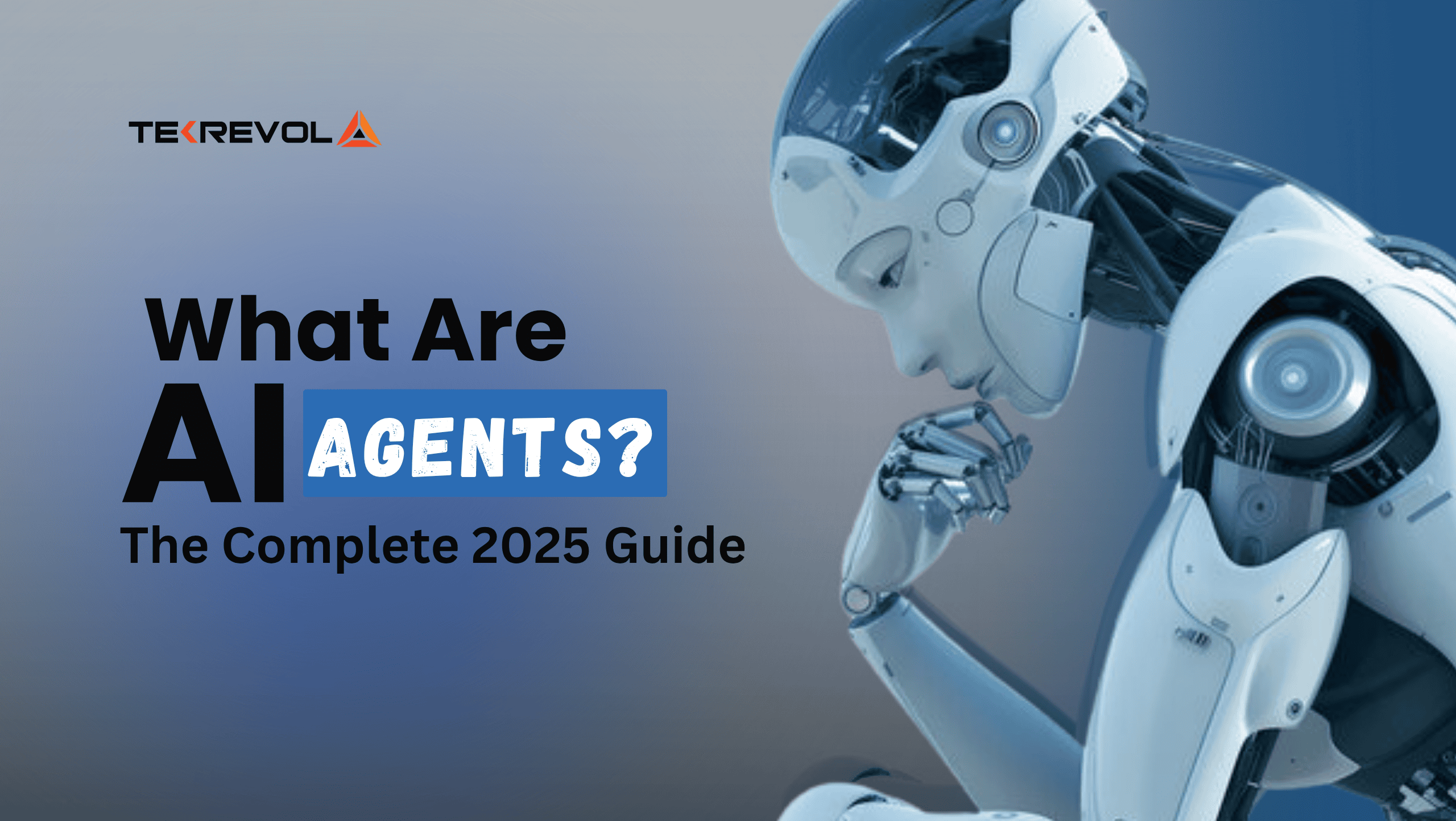
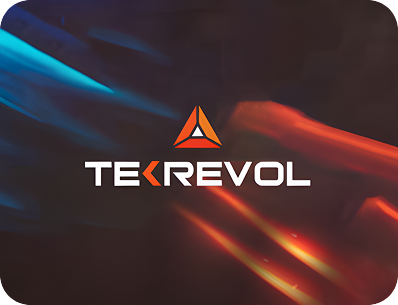
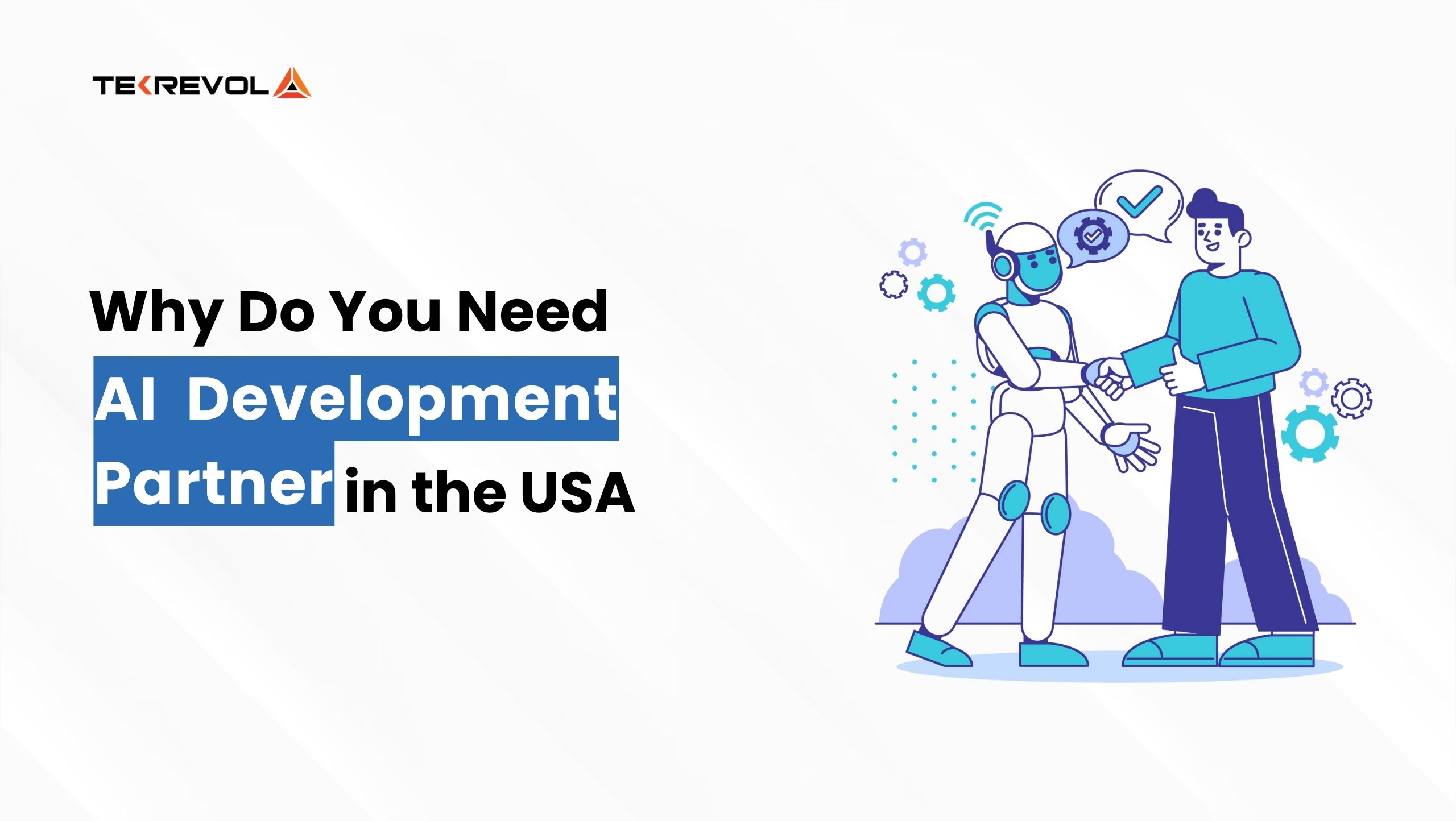

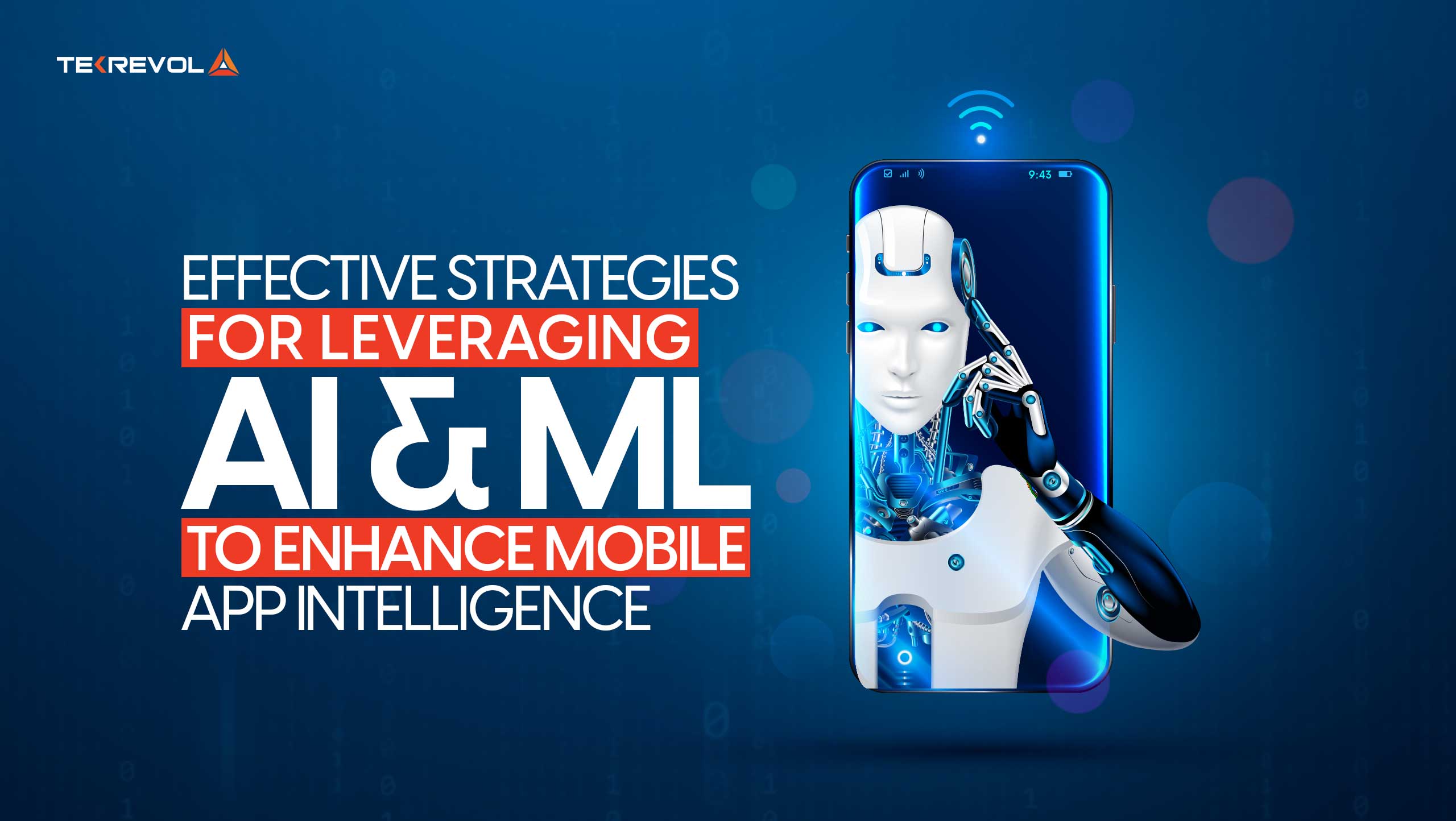
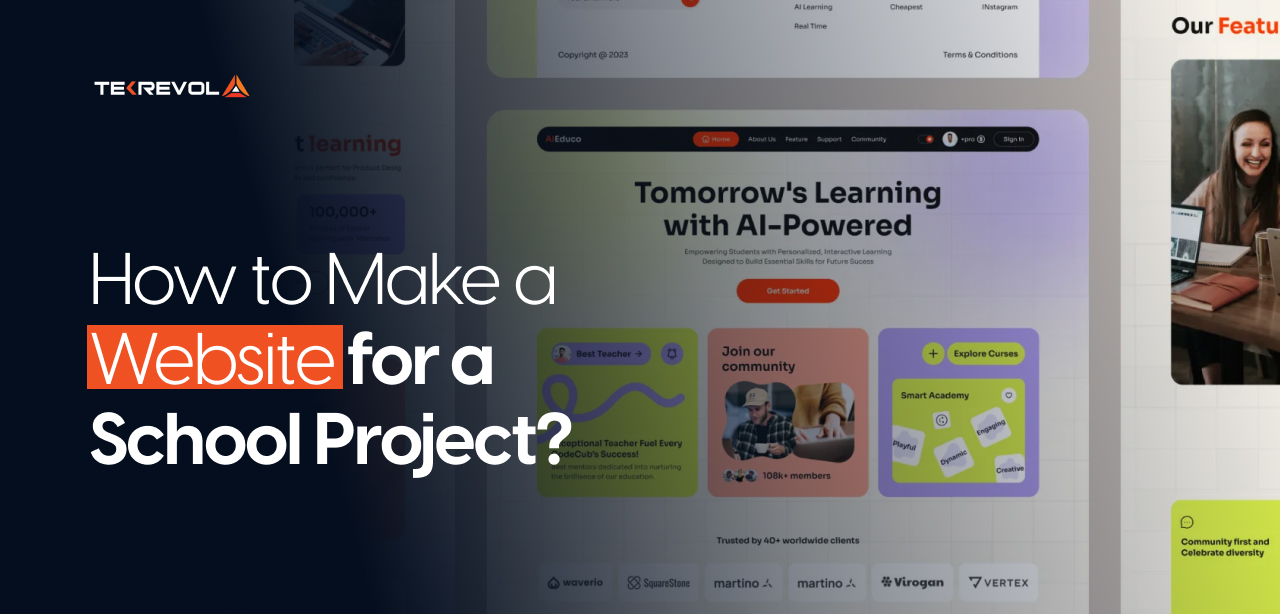
![What is Visual Regression Testing [2025 Definitive Guide]](https://d3r5yd0374231.cloudfront.net/images-tek/uploads/2025/11/Feature-19.jpg)
